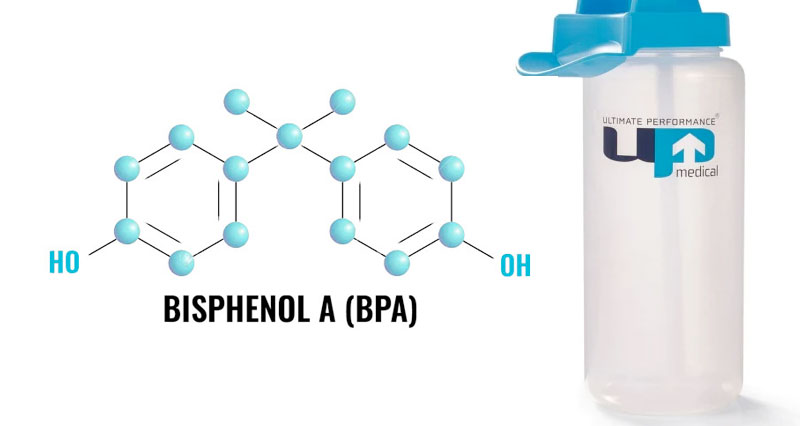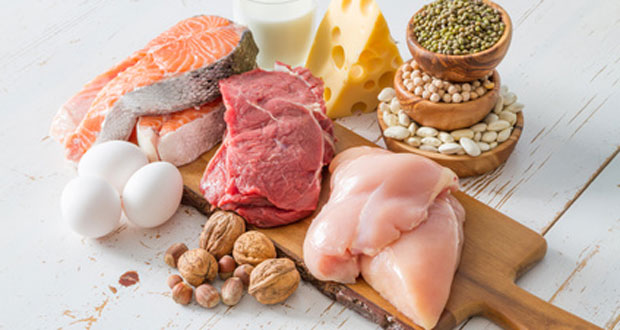Fats have many essential functions in the human body, they are vital for hormone synthesis, the integrity of cells, energy production, absorption of fat-soluble vitamins, and protection of vital organs and can be useful in providing insulation in specific activities, a deficiency of fat in the diet can lead to fatigue, low hormonal synthesis, vitamin mal-absorption, and low energy. However, overeating fat can potentially lead to weight gain, so how much fat do we need?
Functions of fats
Fats are stored in adipose tissue and are the body’s most fruitful energy source when working at low intensity. In the presence of oxygen, during aerobic glycolysis, fat is the predominant fuel source. This makes fat an important energy source during long-distance, low-intensity, endurance-style exercise (long-distance running). This can be useful to a distance runner, as using fats as an energy source at low intensity can spare glycogen for higher intensity, preventing fatigue.
As the intensity of exercise increases, sufficient oxygen is not available and so our ability to utilise fats is reduced. Therefore, any athletes working anaerobically, at a high intensity (sprinter, weight lifting), would not benefit from using fat as an energy source.
Fats can be useful for protection and adding bulk to particular sports. In the case of a prop in Rugby, having some extra bulk and protection in contact situations can be beneficial in protecting vital organs or adding power in a tackle or ruck. Fats can provide a layer of insulation, to help keep warm in certain sports, for example, open water swimming. Fats are important in the absorption of fat-soluble vitamins A, D, E, and K. A lack of fat in the diet would lead to deficiencies in these vitamins.
Types of Fat
There are different types of fat in the diet, broadly categorised into saturated and unsaturated. Fats are categorised by the presence or lack of a double bond in their chemical structure.
Unsaturated fats
Unsaturated fats have this double bond, whereas saturated fats do not. Unsaturated fats include both polyunsaturated and monounsaturated fats, these are considered the healthier types of fats.
- Monounsaturated fats are found in avocados, nuts (such as almonds and pecans), olives, and seeds.
- Polyunsaturated fats are found in oily fish, nuts, and seeds.
Saturated fats
- Saturated fat is mostly found in animal foods, such as meat, cheese, eggs, and meat. Foods made with butter or margarine, have a high level of saturated fat.
- They are often referred to as “bad fats” however it is now appreciated that some saturated fat sources are nutritious, such as those that come from whole foods like eggs or cheese.
- Moderation of the amount of saturated fat is important. Fats contain 9 kcal per gram, in comparison, carbohydrates and protein contain 4 kcal.
Our body is usually good at breaking down and reorganising things, however, we lack the ability to make the chains needed for essential fatty acids, omega 3 and omega 6. This means we cannot synthesise them in the human body and therefore they must be consumed in our diet.
High sources of omega-3 oils include fatty fish such as salmon or mackerel, walnuts, and seeds. Omega 6 oils are mostly found in nuts, seeds, plants, and plant oils. When looking at an athlete’s diet, it is important to consider their omega-3 intakes.
Omega 3 is important for brain and heart health and is also anti-inflammatory, this is important in reducing inflammation caused by training. If an athlete is not consuming fatty fish in their diet then a regular omega-3 supplement may be required. When selecting an omega-3 supplement, ensure it is a quality product containing 500-700 mg of EPA and DHA per serving.
The main type of fat to avoid is hydrogenised or trans fats, these are the types of fat found in processed foods. The fats in these foods have been changed through a process known as hydrogenation to increase shelf life.
Good sources of fat
- Avocado
- Oily fish such as salmon or mackerel
- Extra virgin olive oil
- Nuts
- Chia seeds
- Eggs
- Full fat yoghurt
How much fat should I eat?
Fats have been stigmatised in the past, however, in recent years this has changed. The importance of fat in the diet is now recognised. Fats are an important part of a balanced diet and are required by all athletes, a deficiency in dietary fat will be detrimental to health and performance. All athletes should set a minimum of 0.6 g fat /kg body weight and usually between 0.6 -1.2 g/kg body weight.
For most athletes, fats should form at least 20 % of the overall diet and for most people, fat intake can vary between 20-35 % depending on a number of factors.
For an athlete, overeating any food, carbohydrate, or fat, can lead to weight gain and could potentially reduce performance efficiency. However, fat has many important health-related benefits, including hormonal health, maintaining healthy cell structures and nervous system pathways, and providing fat-soluble vitamins and energy, a reduced function in any of these processes would be detrimental to performance.
When it comes to fat intake, different factors must be considered. When setting a diet plan, it is important an athlete meets minimum protein and fat requirements. When it comes to setting fat requirements, a minimum of 0.6 g/kg body weight should be met.
We must also consider the type of activity performed. If an athlete is working anaerobically, then the fat will not be used as an energy source, so the requirements would be less. If an athlete is working aerobically, then fats will be used as an energy source and so requirements would be greater. In addition, the goals of the performer must be considered, it may be that an athlete is looking to gain weight and therefore requires more calories and so fat intake would be increased.
Personal preference should also be considered, if an athlete feels better with a slightly higher fat diet, as long as they are meeting their protein requirements and not overeating then this should be fine. For any athlete, eating the correct types of fat and moderating portion size is important, polyunsaturated and monounsaturated fats found in oily fish, nuts, seeds, avocado, and extra virgin olive oil are great fat sources.
Overeating or consuming the wrong types of fat in the diet can be detrimental to health and performance. Weight gain or obesity is associated with a number of performances inhibiting side effects and chronic diseases. Obesity can reduce the efficiency of performance and increase the likelihood of fatigue. In addition, a performer may suffer from a reduction in muscular endurance, cardiovascular fitness, strength, and flexibility. Obesity is linked to a number of chronic diseases such as an increased risk of heart disease and stroke, diabetes, and an increase in cholesterol.





